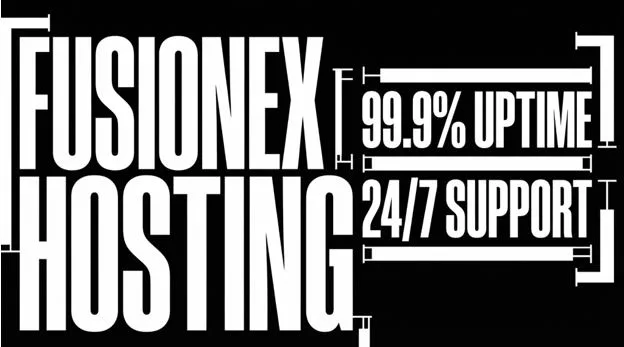Startups Embrace OKRs Early as Report Warns of “Alignment Tax
TALLINN – A new report from OKRs Tool has revealed a striking trend among early-stage companies: more and more startups are adopting Objectives and Key Results (OKRs) as soon as they cross the 6–10 employee threshold, in a bid to avoid what researchers call the “alignment tax.”
The survey, conducted between February and May, collected responses from 200 founders and team leaders across North America, Europe, and Southeast Asia. It found that 38 percent of teams adopted OKRs during this crucial growth stage, with 68 percent crediting the framework for helping them reach $1 million in annual recurring revenue (ARR) faster.
“Startups aren’t short on effort,” the report notes. “But when priorities splinter and progress is buried in six different tools, momentum collapses.”
The data highlights both the urgency and the impact of early adoption. Nearly 90 percent of founders surveyed said they wished they had implemented OKRs sooner, with 30 percent admitting they should have started more than a year earlier.
Before introducing OKRs, most startups relied on Google Sheets or scattered platforms like Notion and Trello to track progress. According to the report, 56 percent of respondents admitted spreadsheets were their only system, a setup that “works at three people but collapses at eight.”
The benefits of switching to OKRs were immediate. Thirty-nine percent of startups reported measurable results within just three months, while 72 percent said they now hit their goals often or consistently. Improved alignment topped the list of advantages, followed closely by easier tracking and better cross-functional collaboration.
“OKRs don’t just create structure—they reduce friction,” one founder quoted in the report explained. “Suddenly, marketing knows what product is doing, ops knows what growth is planning, and everyone’s rowing together.”
The research also sheds light on common pitfalls. Teams that struggled with OKRs often over-engineered the process, layering on too many objectives and complex dashboards borrowed from enterprise playbooks. The lesson, according to OKRs Tool, is to start simple: one OKR per team, clear ownership, and weekly check-ins.
Industry observers say the findings underscore a wider shift in startup culture. Where founders once resisted structured frameworks, fearing they would stifle agility, OKRs are now being reframed as “guardrails, not roadblocks.”
With funding tighter and competition sharper, the report suggests that alignment could be the deciding factor between startups that accelerate and those that stall.
“Goal-setting isn’t a quarterly ritual,” the study concludes. “It’s a weekly habit. And the earlier you start, the faster you grow.”




